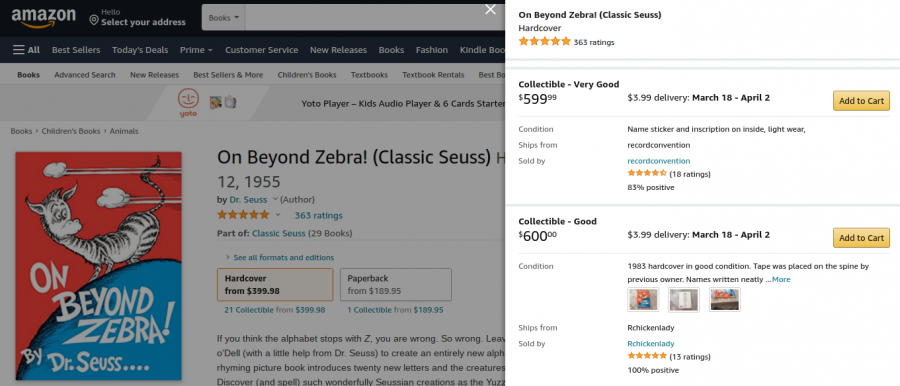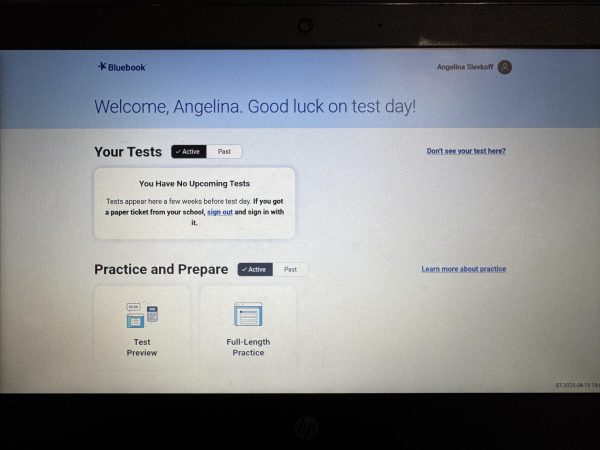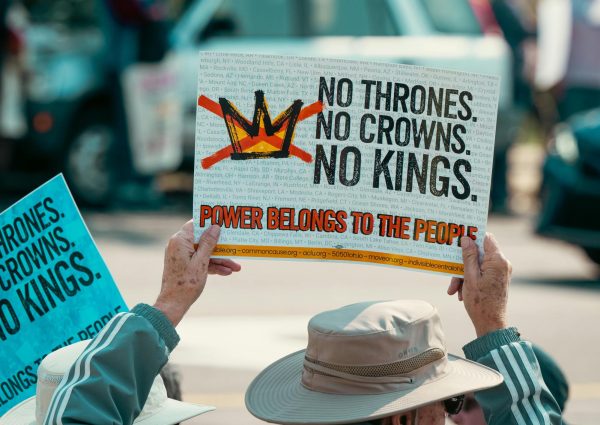Dr. Seuss Enterprises Announces Banning of Six Books for Racist Images
Tuesday was March 2, known as Read Across America Day. Famous children’s author Theodor Seuss Geisel — famously recognized as Dr. Seuss — is normally associated with it because his birthday falls on the same day. However, recently, Dr. Seuss Enterprises (DSE) has banned six of the beloved author’s books from further production due to “portray[ing] people in ways that are hurtful and wrong.”
The six titles are:
The Cat’s Quizzer
If I Ran the Zoo
On Beyond Zebra!
McElligot’s Pool
Scrambled Eggs Super!
And to Think That I Saw It on Mulberry Street
The listed books will no longer be published as they contain some controversial imagery that is believed to misrepresent communities of color. Some examples can be found in the book If I Ran the Zoo. In this story, there is an illustration of three Chinese men holding a large cage over their heads. Gerald McGrew, a recurring character in the book, is sitting on top of it. If you look closely, he is proudly holding a rifle. This could be considered racist as some may argue it depicts white supremacy. Other pictures included in this particular book are images of Middle Eastern people riding animals that resemble camels and African people as “shirtless, shoeless and wearing grass skirts,” according to NBC News.
Despite all the evidence pointing to Dr. Seuss supposedly being prejudicial, some disagree, arguing that writing his books the way he did was simply a product of the time. Seuss claimed to be an anti-racist and proof of this can be seen in some of his most prominent books. The Sneetches is a part of a collection of Dr. Seuss tales that centers around “plain-bellied Sneetches” and “Star-bellied Sneetches” that believe their kind is better than the other. This story reminds us to be accepting of others, even if they might be different than us. The adored author, while clearly maintaining racial stereotypes, has also represented embracement and equality in his books.
The books have already been removed from library and bookstore shelves but are still available in some places. For example, a school district in Virginia states that they have not banned them. Others believe Seuss’s books are critical to teaching young children about not stereotyping people based on race and skin color. Other books he wrote could possibly be banned in the future, but, as of right now, only these six titles have been discontinued.












adviser • Mar 23, 2021 at 11:37 am
Fantastic article, Bushra! I think you captured the story well.